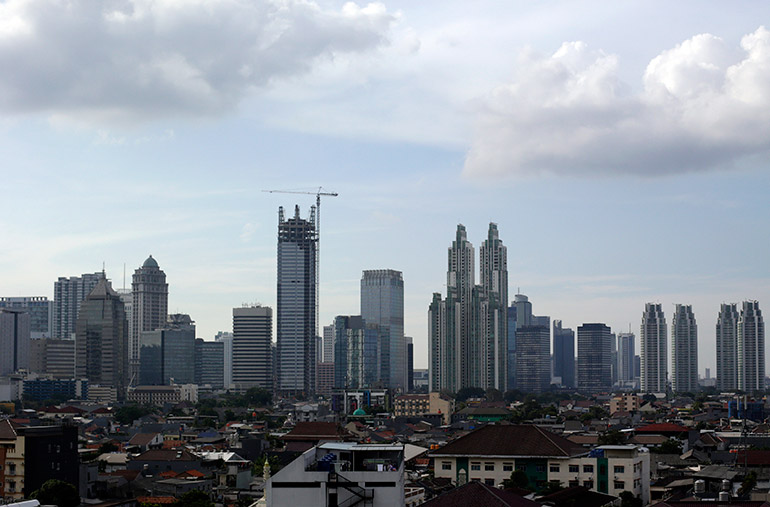The government’s planning board has not said where the new capital will be located, but say they are leaning toward the island of Borneo

The Indonesian government could begin work on moving its capital city out of Jakarta as early as next year, according to the National Development Planning Minister Bambang Brodjonegoro.
“In 2018 or 2019, there will be activities related to the transfer of the administration of the central government [to the new capital city],” said Bambang, according to the Indonesian media outlet Kompas.
Speaking from the National Development Planning Board offices in Central Jakarta, Bambang said that he met with President Joko Widodo at the presidential palace on Monday and agreed to complete the feasibility study by the end of the year.
He added that the relocation of the capital was an attempt by the government to provide economic opportunities beyond the island of Java, and could take up to four years to complete.
Bambang did not confirm where the new capital city would be, but had previously stated “it has to be outside Java” and said on Tuesday that it would most likely be on the island of Borneo, according to Tempo.
The idea to move Indonesia’s capital away from Jakarta was first mooted in 1957 by founding father and former President Sukarno, who allegedly wished to move the capital in order to sever ties with the country’s colonial past, as the Dutch had chosen Jakarta to be the capital.
Sukarno had suggested then that the capital be moved to Palangkaraya, a city on the island of Borneo, which in 2014 had a population of 250,000, a drop in the ocean compared with the 30 million residing in the Greater Jakarta region.
In 2015, Jakarta had the worst traffic in the world, according to British lubricant producer Castrol’s Stop-Start Index. The country spends $23 billion a year on infrastructure, which the Asian Development Bank said earlier this year is $51 billion less than it needs to be investing annually if it is to “to maintain its growth momentum [and] eradicate poverty”.
What’s more, the constant drilling of new wells to source fresh water means the city is sinking at an alarming rate, with some predicting that the metropolis only has two years left above water.
JanJaap Brinkman, a hydrologist with the Dutch research institute Deltares, told the Guardian in November that the city only had two options: “retreat or advance”.
“We either abandon and evacuate north Jakarta, which is a non-starter, or we advance out into the bay with the seawall,” a $40 billion waterfront city project designed to keep the city from sinking.
Indonesia to begin moving capital city ‘in 2018 or 2019’
The government’s planning board has not said where the new capital will be located, but say they are leaning toward the island of Borneo

